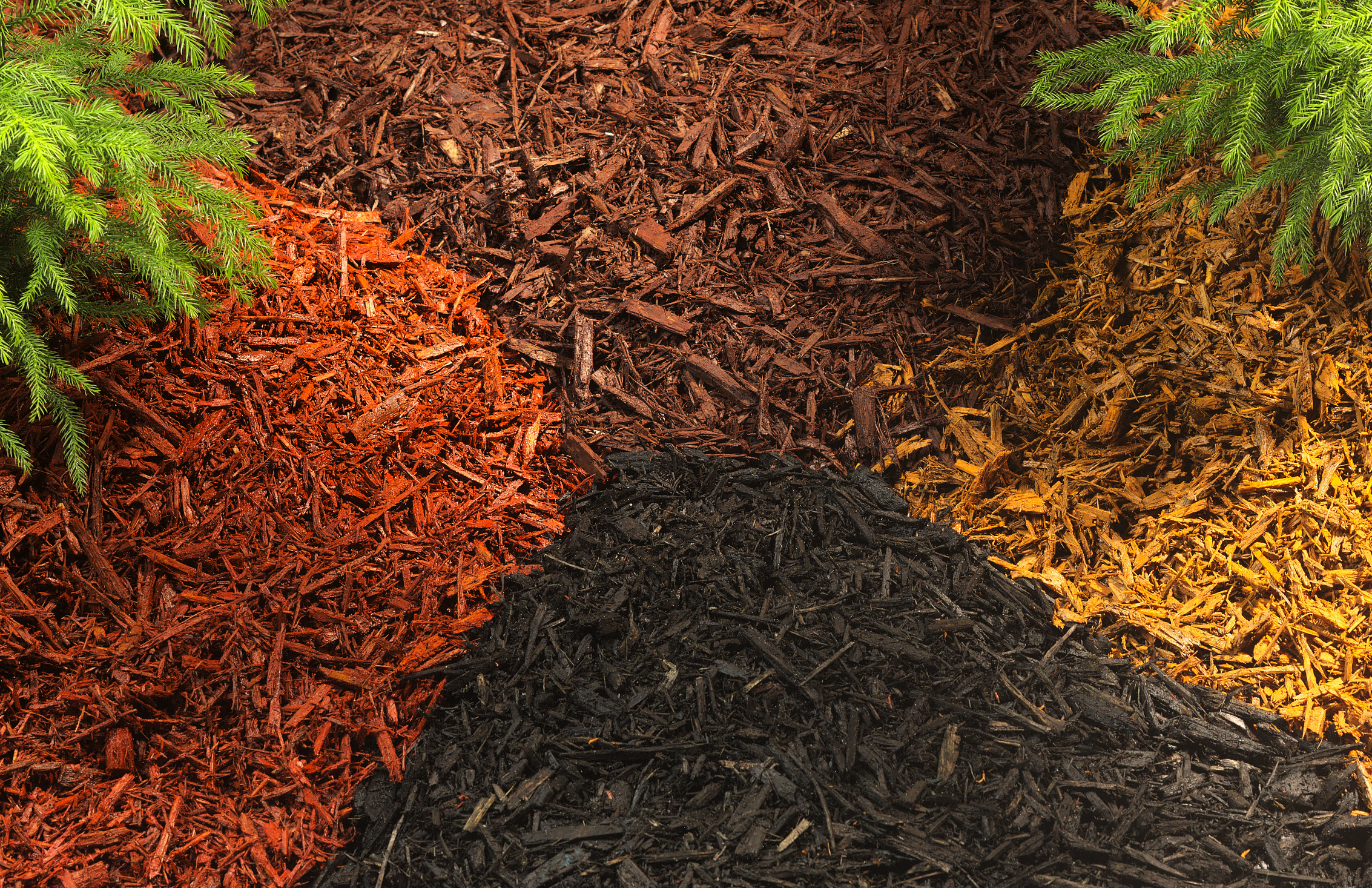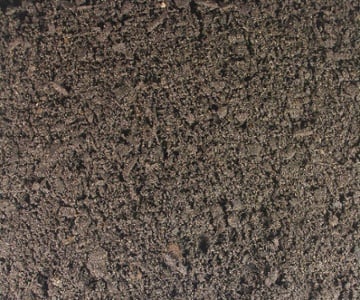The shine of the tinsel has worn off and the eggnog-induced hangover has kicked in. The holiday season is over and it's time to embrace the remaining days of sub-zero temps. But before we can start to enjoy ice fishing, pond hockey, and a hometown Super Bowl Championship, we need to properly dispose of our holiday decorations and Christmas trees. For those fake trees, no sweat. For the real-tree people, there are a few different options.
The sooner you dispose of your Christmas tree the better. With good care, a tree may last a month or two. By the time January rolls around, the tree is on the decline. The longer it sits inside, the more it will dry out and turn into a fire hazard in your home. Speaking of fire hazards, DO NOT try and burn the tree in a fireplace. Not only do people tend to over stuff the fireplace, but burning trees can lead to creosote buildup and cause chimney fires. The high sap content from terpines also make conifers difficult to control when burning.
For those closet pyromaniacs who are dead set on burning their tree, make sure you do it outside in a controlled and safe setting. Here are some safe bonfire reminders:
- Keep away from combustible materials and structures.
- Make sure there are no overhanging branches.
- Have a water source or fire extinguisher on hand.
- Check wind conditions before burning.
- Pour water on embers before leaving fire unattended.
Here is an example of an unsafe burning that shows how quickly these trees burn.
If you're looking for an easier Christmas tree disposal and want someone else to do the work for you, you're not alone. Many cities or garbage services have options to pickup the tree for you. Typically you will need to remove ornaments and lights before dragging the tree out to the side of the curb. Each city will be different in what they require and whether or not they recycle, woodchip, or landfill the trees. To schedule a pickup or drop off, check your local neighborhood, city, or county for detailed instructions. Find My Area


